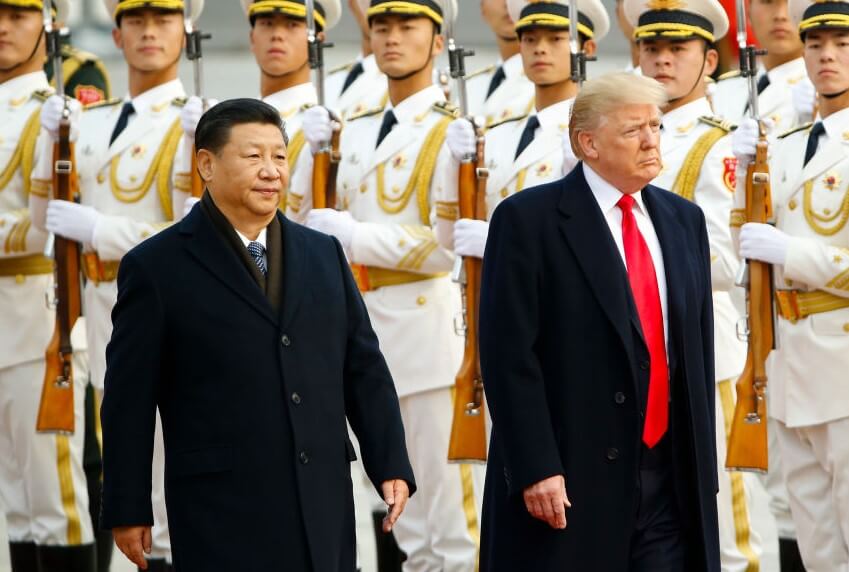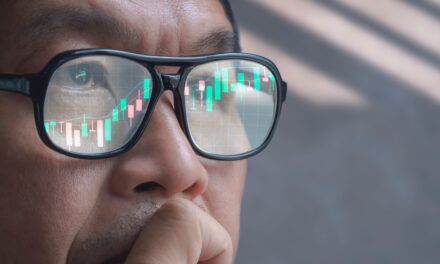China’s President Xi Jinping gave a speech at the Shanghai trade fair, where he railed against U.S. President Donald Trump, slamming his “America First” agenda while denouncing the “law of the jungle” and “beggar-thy-neighbor” trade policies.
“All countries should strive to improve their business environment and solve their own problems. They shouldn’t always whitewash themselves and blame others, or act like a flashlight that only exposes others, but not themselves.”
Xi didn’t mention Trump by name but it is obvious who he was referring to while showing no signs of backing down as the trade war between the world’s two largest economies wages on.
“All countries should strive to improve their business environment and solve their own problems,” Xi said at the China International Import Expo, where more than 3,600 companies from all around the world were in attendance. “They shouldn’t always whitewash themselves and blame others, or act like a flashlight that only exposes others, but not themselves.”
Xi went on to warn against protectionism, saying it would only harm the global economy. He also pledged in increase domestic consumption in China, crack down on intellectual property theft — which is one of Trump’s biggest complaints against China as it steals tech from U.S. companies — and improve trade with Europe, Japan and South Korea.
Trump and Xi are scheduled to meet in the next few weeks, though, it doesn’t appear as if China is ready to back down under the threat of more tariffs on Chinese imports that go into effect on Jan. 1.
Investors were left underwhelmed about the possibility a trade deal will be worked out.
Per Bloomberg:
“He repeated a lot of the planned policies we have already heard in the past few months,” said Sue Trinh, head of Asia FX Strategy at RBC Capital Markets in Hong Kong. “Markets seemed to like the headline ‘to cut import tariffs,’ but this plan was already announced in September and can only be milked so many times.”
Although Xi pledged to import $30 trillion of good over the next 15 years — up from $24 trillion in previous estimates — his policy initiatives were largely in line with previous statements. The government has already cut tariffs this year and said it would do so again.
Enthusiasm wasn’t high in the run-up to the event. While 18 heads of state or government are slated to attend, virtually all are from small economies. Of G-20 countries, only Russia is sending a head of state or government.
Trump on Sunday night veered away from recent comments that a deal could be struck quickly, instead touting his hardline approach toward the country during a campaign rally in Tennessee shortly before Xi’s speech. “We’ve taken the toughest-ever action to crack down on China’s abusive trade practices. We’re doing very well,” Trump said.
According to Bloomberg, China ranks 59th out of 62 countries evaluated by the Organization for Economic Cooperation and Development in terms of openness to foreign direct investment.
Almost half of companies surveyed in June by the European Chamber of Commerce in China said they missed out on business opportunities due to regulatory barriers or market access restrictions, and they expected obstacles to increase during the next five years.
The U.S. government did not send and high-level officials to the conference, and the Trump administration said: “China needs to make the necessary reforms to end its unfair trade practices that are harming the world economy.”




